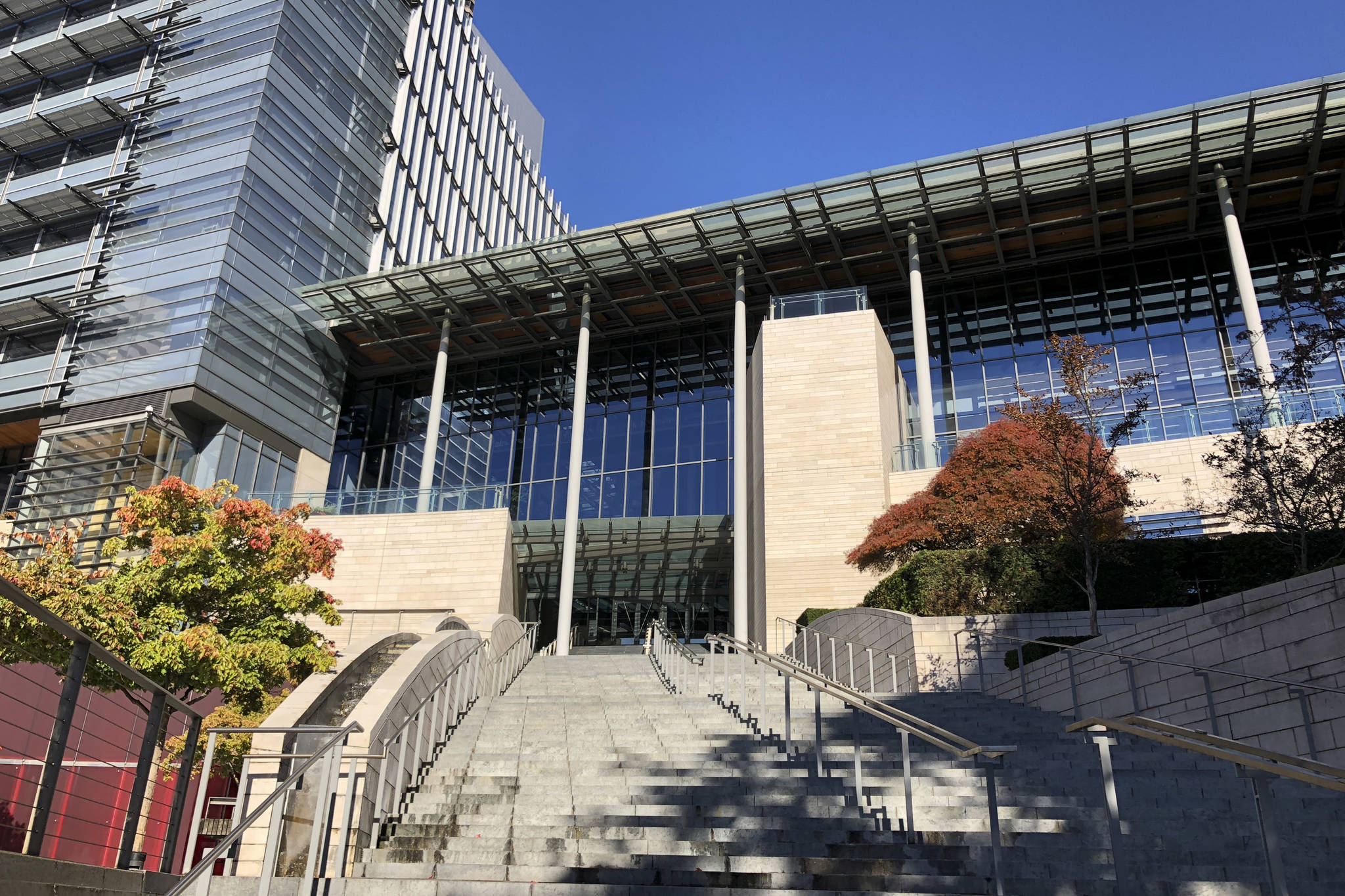On Tuesday, the Seattle City Council voted 8-1 in favor of the rank-and-file police union’s police contract. Seven of nine votes were needed to ratify the agreement.
“For those people that are passing judgment on me for supporting this contract on the basis that I somehow don’t get what is at stake here, let me disavow you of that belief; I get it. Not because I’ve heard a recent story about police brutality, but because I’ve seen my own brothers and family members experience racial profiling and unconstitutional policing,” Councilmember Lorena González said prior to casting her vote. “I believe that the city’s best interest in our ongoing journey of reform is best served by pursuing a legally viable path through the judicial process. Some have argued that rejecting the accountability ordinance aspects in this contract and heading back to the negotiating table on those issues is the more viable option; unfortunately, I disagree with that position. Rejecting this contract will send the parties back to their respective trenches, where each side will begin the process of orchestrating their legal positions, in likely litigation that will consume whatever reservoir of good faith is left between the parties, and that is unacceptable.”
As the only elected official who voted against the contract, Councilmember Kshama Sawant questioned the tentative agreement’s alignment with recent police reforms. “I would hope that councilmembers would today send this contract back to the mayor and the labor relations policy committee to restore all accountability measures, and to bring back a new version that the movement and I can support; one that does not increase discrimination people face every day, or the danger of mistreatment at the hands of the Seattle police,” Sawant said.
The controversial 100-page agreement that will be retroactively effective from Jan. 1, 2015, until Dec. 31, 2020, was widely accepted by the Seattle Police Officers Guild (SPOG). However, 24 community groups and the Community Police Commission (CPC) — a group charged with providing community input under a 2012 settlement agreement with the U.S. Department of Justice — argued that the contract would jeopardize public trust in law enforcement.
Nearly 60 people spoke during the public comments period of Tuesday’s city council meeting. Testimony ranged from sonorous defense of the contract to lamentations about its rollback of police accountability measures.
“I’ve sat in those rooms with families that have lost their loved ones as a result of police shootings,” James Bible, a Bellevue lawyer, testified in opposition of the contract. “I continue to see the same officers over and over and over again play this system, and end up still in a position where they get leave, they continue to work, they get time off, and then they end up working again.”
Others spoke in favor of increasing officers’ wages and encouraging police to stay on the force to enhance public safety. Mike Stewart, executive director of the Ballard Alliance, recommended that the city council approve the police contract. “Unfortunately we’ve seen an increase in crime and an erosion of public safety. You have an opportunity today to take a large step forward in addressing this issue,” Stewart said.
Ratification of the agreement was a linchpin to a May 2017 ordinance designed to enhance police accountability by creating three oversight agencies: the CPC, the Office of Police Accountability that investigates police misconduct complaints, and an independent auditor of the police called the Office of Inspector General.
Now that city council has approved the collective bargaining agreement, Seattle Police Officers Guild (SPOG) members will receive pay raises amounting to 3 percent for 2015 to 2017, 3.65 percent for 2018, 3.85 percent for 2019, and a percentage increase determined by the Consumer Price Index plus 1 percent for 2020. Employees required to wear body cameras will also receive a 2 percent pay increase.
In exchange for the first wage increases in four years, guild members agreed to the withdrawal of Unfair Labor Practice claims, that front line officers will wear body-worn cameras, and to the addition of civilians in OPA and Human Resources leadership positions.
mhellmann@seattleweekly.com








